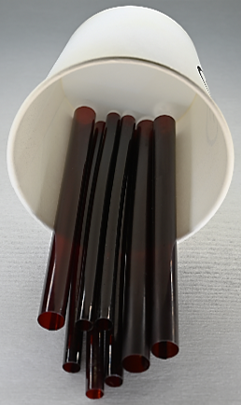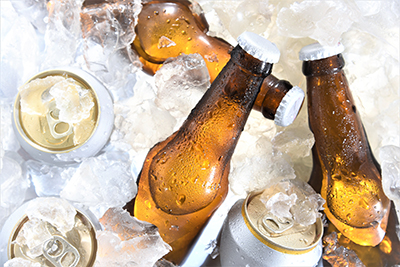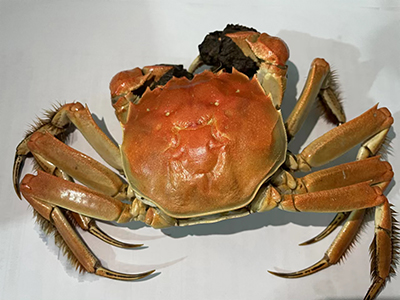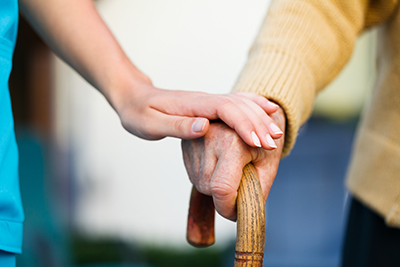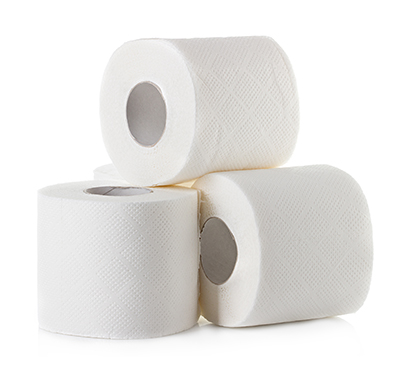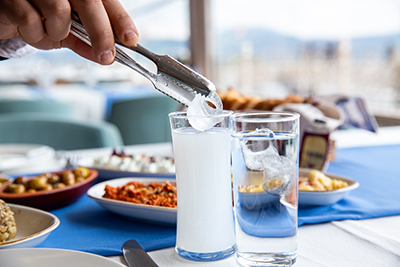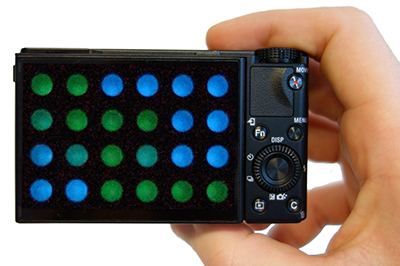FOR IMMEDIATE RELEASE
“Overlooked Iodo-Disinfection Byproduct Formation When Cooking Pasta with Iodized Table Salt”
Environmental Science & Technology
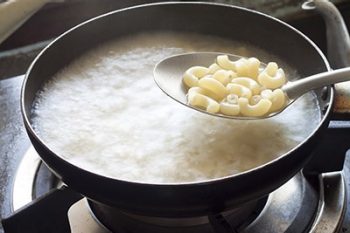
Iodized salt helps prevent iodine-deficiency disorders, including goiters and certain birth defects. Yet it’s unclear how this seasoning interacts with chloramine-treated drinking water if some of the disinfectant is left behind. Now, researchers in ACS’ Environmental Science & Technology have demonstrated that cooking pasta in such water with iodized table salt could produce potentially harmful byproducts. But they also report four simple ways that people can reduce or avoid these unwanted compounds.
In most countries, drinking water is treated with chlorine or chloramine before it trickles out of kitchen or bathroom faucets. But small amounts of these disinfectants can end up in water used for cooking. Previous experiments showed that when wheat flour was heated in tap water that contained residual chlorine and seasoned with iodized table salt, potentially harmful iodinated disinfection byproducts could form. However, similar studies hadn’t been conducted with real foods and at-home cooking conditions. So, Susan Richardson and colleagues wanted to find out if this could happen in real-world situations, and how home cooks could minimize the formation of disinfection byproducts.
The researchers cooked elbow macaroni in tap water, which had been treated with chloramine, and salt. In the initial test, they boiled the pasta according to the package directions, but in other tests, they changed the cooking conditions and salt type. Then, the team measured the amounts of six iodinated trihalomethanes, which are potentially toxic compounds, in the cooked food and pasta water. They detected all of the iodinated trihalomethanes in cooked noodles and pasta water, but the cooking conditions significantly impacted the amounts.
Based on their results, the researchers identified four ways to reduce possible consumption of these substances:
- Pasta should be boiled without a lid.
- The noodles should be strained from the water that they’re cooked in.
- Iodized table salt should be added after the pasta is cooked.
- Iodine-free salt options, such as kosher salt and Himalayan salt, should be used if home cooks want to boil pasta in salted water.
As the team explains, boiling pasta without a lid allows vaporized chlorinated and iodinated compounds to escape, and straining noodles removes most of the contaminants. Adding iodized salt after cooking should reduce risk of byproduct formation, but non-iodized salts are recommended if salting the water before boiling.
The authors acknowledge funding from the University of South Carolina and the National Natural Science Foundation of China.
###
The American Chemical Society (ACS) is a nonprofit organization chartered by the U.S. Congress. ACS’ mission is to advance the broader chemistry enterprise and its practitioners for the benefit of Earth and all its people. The Society is a global leader in promoting excellence in science education and providing access to chemistry-related information and research through its multiple research solutions, peer-reviewed journals, scientific conferences, eBooks and weekly news periodical Chemical & Engineering News. ACS journals are among the most cited, most trusted and most read within the scientific literature; however, ACS itself does not conduct chemical research. As a leader in scientific information solutions, its CAS division partners with global innovators to accelerate breakthroughs by curating, connecting and analyzing the world’s scientific knowledge. ACS’ main offices are in Washington, D.C., and Columbus, Ohio.
To automatically receive press releases from the American Chemical Society, contact newsroom@acs.org.
Note: ACS does not conduct research, but publishes and publicizes peer-reviewed scientific studies.

